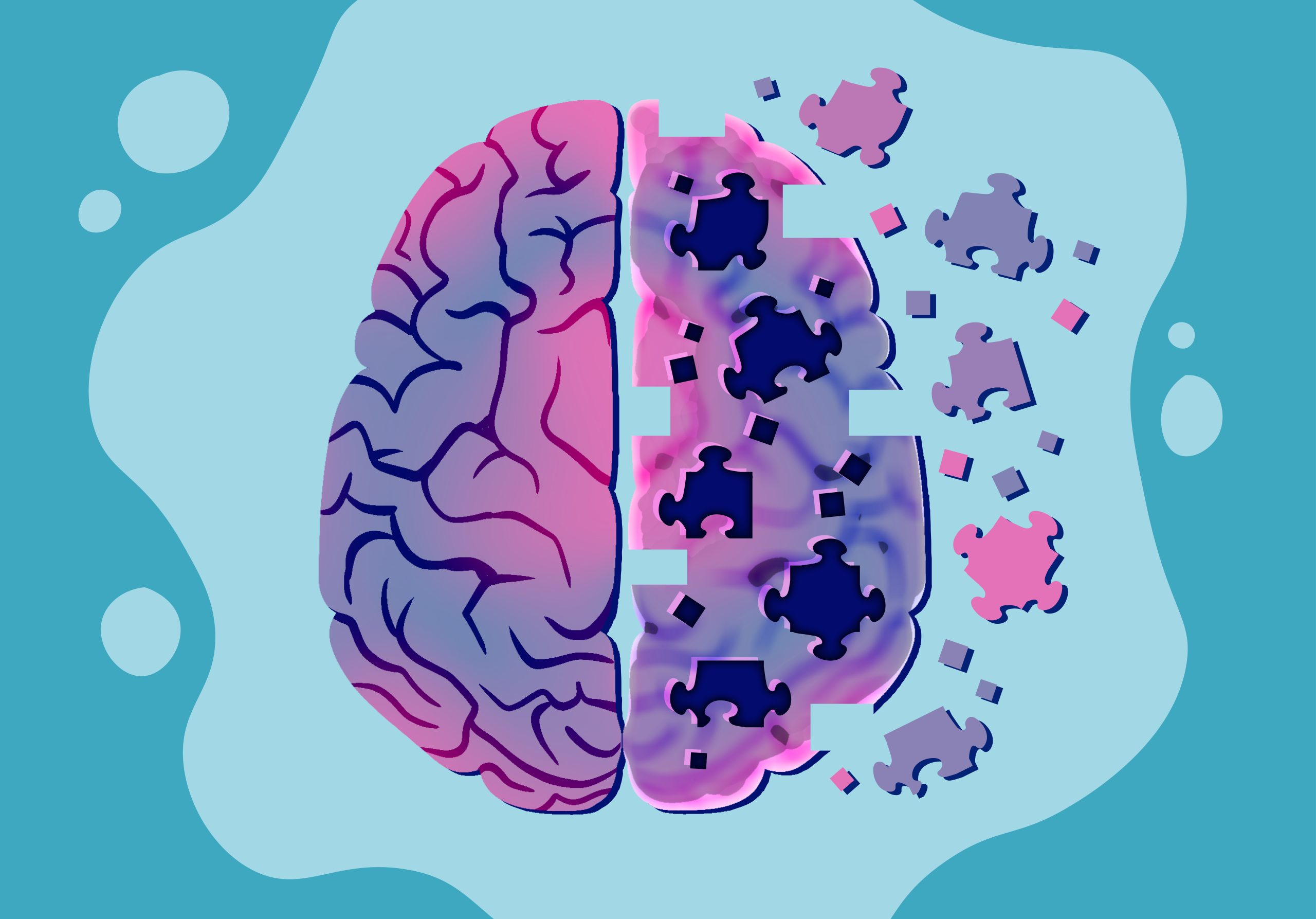I would like to bring to your attention the uninformed assumptions made in The Minnesota Daily two-part autism series published Nov. 30 and Dec. 2. As an advocate for the rights and fair treatment of people on the autism spectrum, I would like to inform campus readers of the incorrect stigmas associated with autism present in these articles. In the first article, the author states that the parents of autistic children are âÄúdesperateâÄù and that people with autism are âÄúmiserable.âÄù I wonder how many people he interviewed to come up with this conclusion. He depicts parents as people who believe there is something wrong with their child, âÄúdesperateâÄù for a cure. In most cases, these parents are simply looking for the right services that would allow their children to function in a non-autistic world. Similarly, many autistics feel that autism is not a condition that inhibits them; it is who they are, and they would not change it even if they could. Our society needs to be more accepting of difference and open to different ideas of âÄúnormalityâÄù in an ever-changing and diverse society. The article also states that autism is a âÄúmental disability that leads to lifelong communication and emotional problems.âÄù This statement is entirely false. Many autistics grow up to lead meaningful and fulfilling lives. The communication problems that occur are because many autistics communicate in a nonverbal way and interpret their world differently than most verbal thinkers. However, it does not mean autistics who think differently have a communication problem. Similarly, many autistics form emotional bonds to concrete places and projects they feel connected to. Most autistics even prefer this type of attachment because they have no need to worry about learning social cues or complex emotions. Just because these types of relationships are desired over personal ones does not mean that they have emotional problems. Again, these types of stigmas are made and reinforced by a society that does not accept individuals who have âÄúabnormalâÄù interests. The article also states that âÄúFatemi and Rogers admit the battle against autism has just begun.âÄù Saying there is a âÄúbattleâÄù against autism is like saying there is a battle against people with autism. As Jim Sinclair, an autistic public speaker, puts it, by saying âÄúI wish my child did not have autism, what people are really saying is, I wish the autistic child I have did not exist, and I had a different (non-autistic) child instead.âÄù Even worse than the assumption made that there needs to be a battle against autistics is the comparison between autism and cancer. The article says, âÄúSome scientists have speculated that the term âÄòautismâÄô is a misnomer and that there are in fact several âÄòautisms,âÄô much like cancer.âÄù Although I understand the point of this comment, the choice of cancer as an analogy was perhaps a poor one. Cancer is the second most common cause of death after heart disease. This notion implies, perhaps unintentionally, that living with autism is so awful that itâÄôs tantamount to a fate worse than death. Autism is part of a personâÄôs makeup; it is not a disease. We should not try to cure it, and we should definitely not compare it to a disease that debilitates and causes death. I believe that before the Daily runs another series on autism, the author needs to be aware of the many different opinions about the need for prevention and treatment and should include testimonials from autistics who readily describe their abilities over their deficits. Autism is a normal part of human diversity, and I believe that many autistics feel rejected by a society that rallies around and publicizes scientists who believe these people must be âÄúcured.âÄù Brittany Berenz University undergraduate student










